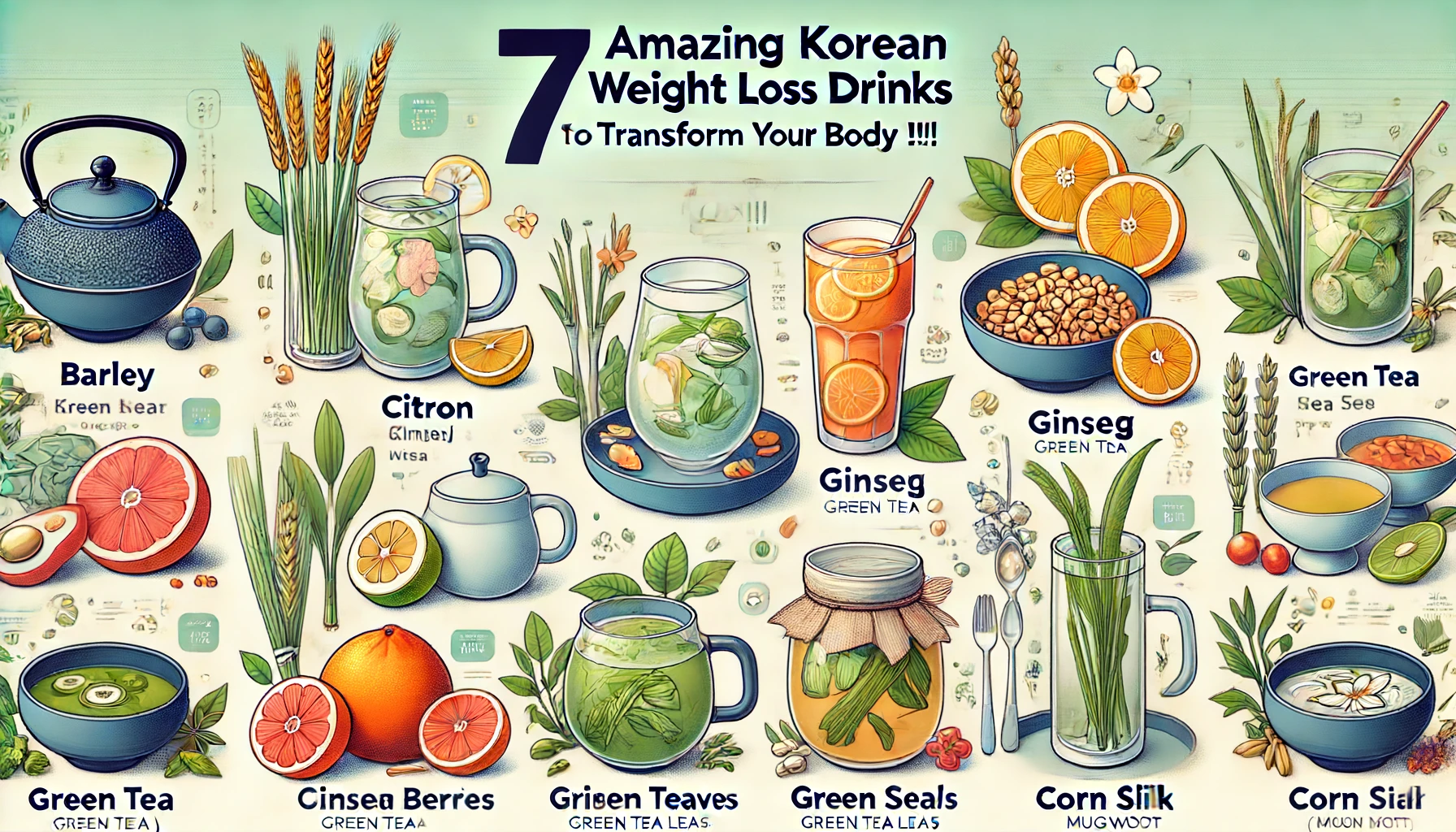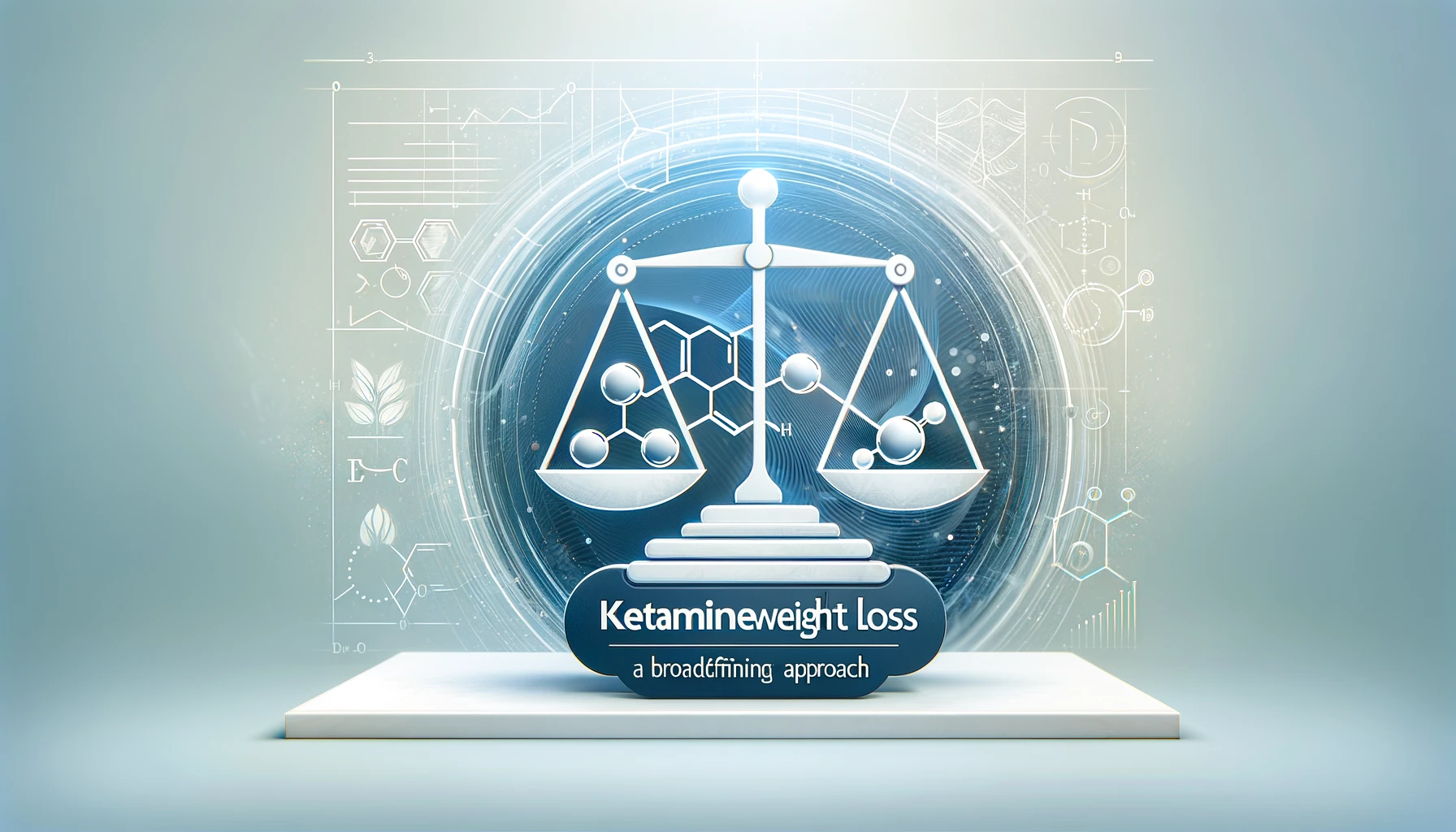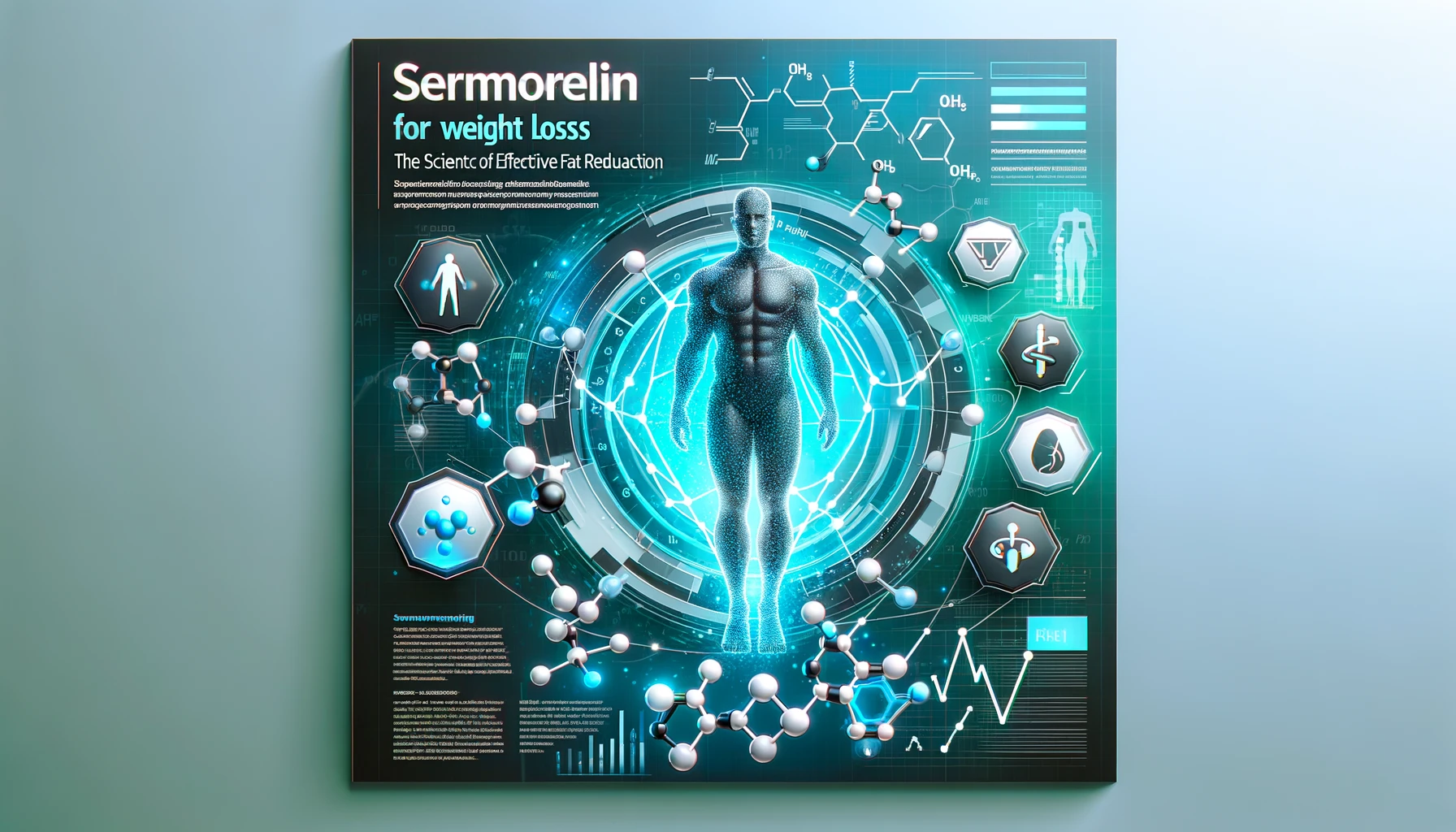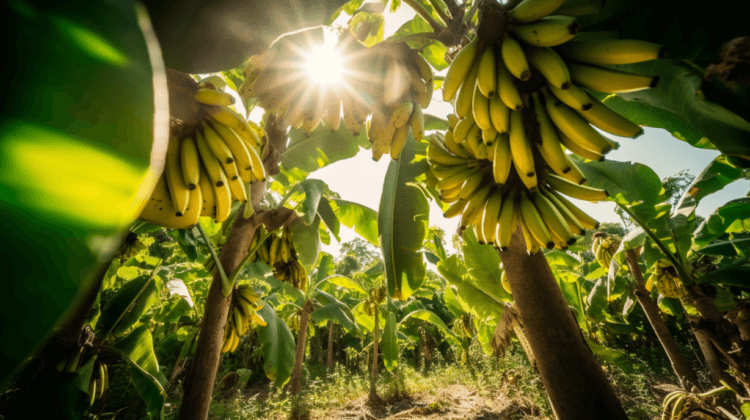
Why Are Bananas Bad for Weight Loss?
Bananas are widely consumed fruit for their delicious taste and numerous health benefits. They are rich in essential nutrients, such as potassium, vitamins C and B6, and dietary fiber, contributing to overall health and well-being.
However, when it comes to weight loss, bananas have often been the subject of debate. Some believe bananas are rotten for weight loss due to their relatively high sugar and carbohydrate content. On the other hand, others argue that the fiber and resistant starch in bananas can support weight loss by promoting satiety and maintaining gut health.
In this article, we will delve deeper into the various aspects of bananas, debunking misconceptions and providing evidence-based information to help you understand whether bananas are good or bad for weight loss.
Bananas and Weight Loss: Why Are Bananas Bad for Weight Loss?
Bananas can play a significant role in weight loss when appropriately incorporated into a balanced diet. Look closely at the factors contributing to the relationship between bananas and weight loss.
1. High Fiber Content
Dietary fiber is crucial for weight loss as it helps increase feelings of fullness and satisfaction, leading to a reduced appetite and lower calorie intake[8]. Bananas are an excellent source of dietary fiber, with a medium-sized banana containing around 3 grams, or 10% of the recommended daily intake[7]. There are two types of fiber: soluble and insoluble. Bananas contain both types, with soluble fiber, such as pectin, helping regulate blood sugar levels and contributing to feelings of fullness.
2. Resistant Starch
Green, unripe bananas are particularly rich in resistant starch, a carbohydrate that resists digestion in the small intestine and functions similarly to soluble fiber[1]. By acting as a prebiotic, resistant starch feeds the beneficial bacteria in the gut, promoting a healthy gut microbiome and supporting overall digestive health. Resistant starch has several health benefits, including weight loss, improved blood sugar levels, and enhanced gut health.
3. Low Energy Density
Bananas have a relatively low energy density, meaning they provide fewer calories per gram than other foods. Low-energy-density foods can support weight loss by allowing you to consume more significant portions with fewer calories, helping you feel full without overeating. This makes bananas a suitable addition to a weight-loss diet when consumed in moderation.
4. Nutrient Profile
Bananas are packed with essential nutrients that contribute to overall health and well-being. They are rich in potassium, which helps maintain healthy blood pressure levels and supports proper muscle and nerve function. Bananas also provide vitamins C and B6, which support immune function and energy production. These nutrients are crucial in maintaining overall health, an essential aspect of sustainable weight loss.
5. Versatility and Convenience
Bananas are a versatile and convenient snack option, making them an excellent choice for individuals looking to lose weight. They are easy to transport, require no preparation, and can be eaten independently or incorporated into various recipes. This convenience can help you stay on track with your weight loss goals by providing a healthy, satisfying option when hunger strikes.
In conclusion, bananas can be a valuable addition to a weight loss plan when consumed as part of a balanced diet. Their high fiber content, resistant starch, low energy density, and essential nutrients contribute to their weight loss benefits. However, as with any food, consuming bananas in moderation is critical to achieving the best results.
Glycemic Index and Bananas: Why Are Bananas Bad for Weight Loss?
The Glycemic Index (GI) is a ranking system that measures how different carbohydrate-containing foods affect blood sugar levels. Foods with a high GI cause a rapid rise in blood sugar levels, while those with a low GI result in a slower, more sustained release of glucose into the bloodstream. The GI can be an essential factor to consider when managing weight, as foods with a lower GI can help control appetite and reduce the risk of overeating.
Bananas have a low to medium GI, depending on their ripeness, which can affect their impact on blood sugar levels:
Unripe Bananas (Green): Unripe green bananas have a lower GI, typically around 30-50, due to their higher resistant starch content[1]. As mentioned earlier, resistant starch acts similarly to soluble fiber and is more slowly digested and absorbed, gradually increasing blood sugar levels. This can help prevent blood sugar spikes and crashes, making unripe bananas more suitable for individuals who manage their weight and blood sugar levels.
Ripe Bananas (Yellow): As bananas ripen, their resistant starch content decreases, and their sugar content increases. This leads to a higher GI, ranging from 50 to 70, depending on the degree of ripeness[2]. Although ripe bananas have a higher GI, they are still considered low to medium-GI food. Consuming ripe bananas in moderation and pairing them with other low-GI foods or protein sources can help minimize their impact on blood sugar levels.
In summary, bananas have a low to medium GI, with unripe bananas having a lower GI than their ripe counterparts. Consuming bananas in moderation, especially those that are less ripe, can be beneficial for managing blood sugar levels and supporting weight loss efforts. To optimize the benefits of bananas for weight loss, consider pairing them with low GI foods or protein sources to further control blood sugar levels and promote satiety.
Bananas and a Balanced Diet: Why Are Bananas Bad for Weight Loss?
Incorporating bananas into a balanced diet can provide various health benefits and support weight loss efforts when consumed in moderation. Here are some tips and ideas on how to enjoy bananas as part of a balanced diet:
- Snacking: Bananas make an ideal on-the-go snack, as they are conveniently packaged in their natural wrapper, require no preparation, and can be easily carried. Consuming a banana between meals can help curb hunger and provide a boost of energy.
- Smoothies: Adding bananas to smoothies is a delicious way to incorporate more fruits into your diet. Combine bananas with other fruits, vegetables, and protein sources, such as Greek yogurt or nut butter, for a nutritious, satisfying meal or snack.
- Breakfast: Bananas can be a great addition to your morning meal. Mix sliced bananas into your oatmeal, yogurt, or cereal to boost fiber and nutrient intake. Alternatively, you can spread nut butter on whole-grain toast and top it with banana slices for a balanced breakfast.
- Desserts: Satisfy your sweet tooth with healthier dessert options by incorporating bananas. You can make a simple banana ice cream by blending frozen banana slices until smooth or create a banana-based fruit salad with other low-GI fruits like berries and kiwi.
- Baking: Use mashed bananas as a natural sweetener and moisture source in baking recipes, such as muffins, pancakes, or bread. This can help reduce the amount of added sugars and fats in your baked goods while adding nutritional value.
- Pairing with Proteins: Combine bananas with protein sources to enhance satiety and stabilize blood sugar levels. Some examples include spreading nut butter on banana slices, adding banana to a yogurt parfait, or mixing banana chunks with cottage cheese.
- Mindful Portions: While bananas are nutritious, it is essential to consume them in moderation. Stick to one medium-sized banana daily or adjust the portion size based on your dietary needs and weight loss goals.
By incorporating bananas into a balanced diet in various ways, you can enjoy their numerous health benefits while supporting your weight loss and overall wellness goals. Remember to consume bananas in moderation and combine them with other nutrient-dense foods to create well-rounded, satisfying meals and snacks.
ALSO READ: Exipure Weight Loss Reviews – Does Exipure Quickly Work?
How to Maximize the Benefits of Bananas for Weight Loss: Why Are Bananas Bad for Weight Loss?
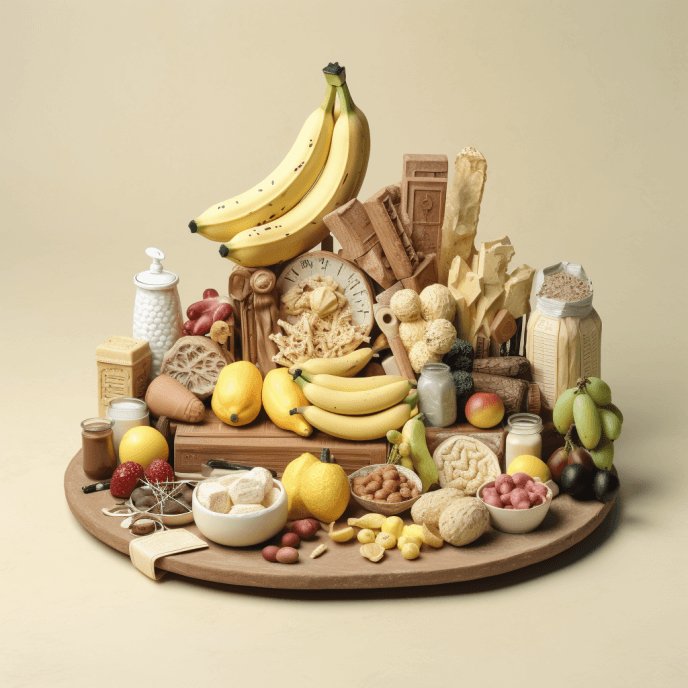
To make the most of the weight loss benefits associated with bananas, consider the following tips and strategies:
- Choose Less Ripe Bananas: Opt for green or slightly yellow bananas with a lower glycemic index and higher resistant starch content[1]. This can help control blood sugar levels and promote satiety, supporting weight loss goals.
- Moderate Portion Sizes: Stick to one medium-sized banana daily or adjust the portion size based on your dietary needs and weight loss goals. Balancing banana intake with other fruits and vegetables can help maintain a well-rounded diet.
- Pair Bananas with Protein: Combining bananas with protein sources, such as Greek yogurt, cottage cheese, or nut butter, can help increase satiety and stabilize blood sugar levels. This strategy can prevent overeating and support weight loss efforts[5].
- Incorporate Bananas into Balanced Meals: Include bananas in meals that contain a mix of protein, healthy fats, and complex carbohydrates. This approach ensures that you are consuming a balanced, nutrient-dense meal that supports weight loss and overall health.
- Stay Active: Engage in regular physical activity to complement your healthy diet, including bananas. Exercise is essential to a successful weight loss plan and can help you achieve long-term results.
- Monitor Your Overall Caloric Intake: Bananas can be a part of a weight loss plan, but it’s crucial to maintain a calorie deficit to lose weight successfully. Track your overall calorie intake and ensure you are consuming fewer calories than you burn through daily activities and exercise.
- Stay Hydrated: Drinking water is essential for overall health and can help control appetite. Staying hydrated can prevent mistaking thirst for hunger, leading to more mindful eating choices, including when to enjoy a banana.
By implementing these tips and strategies, you can maximize the weight loss benefits of bananas and enjoy their delicious taste while staying on track with your weight loss goals. Remember that bananas are just one part of a well-rounded diet and should be combined with other nutritious foods and regular exercise to achieve the best results.
Reasons Why Some People Believe Bananas Are Bad for Weight Loss: Why Are Bananas Bad for Weight Loss?
There are several reasons why some individuals believe that bananas are not ideal for weight loss. Here, we will explore these beliefs and provide counterarguments based on scientific evidence:
- High Sugar Content: Bananas, particularly ripe ones, contain a significant amount of natural sugars, which can contribute to their higher carbohydrate content[10]. However, the natural sugars in bananas are different from added sugars found in processed foods. Consuming bananas in moderation is unlikely to hinder weight loss efforts.
- Caloric Density: Bananas have a higher calorie content than other fruits, such as berries. Some people may perceive this as a reason to avoid bananas for weight loss. However, bananas are still relatively low in calories and can be included in a calorie-controlled diet without negatively impacting weight loss goals.
- Glycemic Index: Ripe bananas have a higher glycemic index than unripe bananas, which can cause a more rapid increase in blood sugar levels[2]. However, bananas still fall within the low to medium GI range. Consuming them in moderation, especially when paired with other low-GI foods or protein sources, can minimize their impact on blood sugar levels.
- Misconceptions about Fruit and Weight Loss: Some people may avoid fruit altogether due to concerns about sugar and carbohydrate content. However, fruits, including bananas, are packed with essential nutrients, antioxidants, and fiber, which can support weight loss as part of a balanced diet.
- Comparisons to Unhealthier Snack Options: Bananas are often compared to unhealthy snack options like candy or pastries, leading some to assume they are unsuitable for weight loss. In reality, bananas are far healthier than high-calorie, high-sugar processed snacks and can be a valuable addition to a weight loss plan.
In summary, the belief that bananas are bad for weight loss is mainly based on misconceptions and misunderstandings about their sugar content, caloric density, and glycemic index. When consumed in moderation and as part of a balanced, nutrient-dense diet, bananas can provide numerous health benefits and support weight loss goals.
Conclusion: Why Are Bananas Bad for Weight Loss?
In conclusion, bananas can be a valuable addition to a weight loss plan when consumed in moderation and as part of a balanced diet. Their fiber content, resistant starch, and low to medium glycemic index contribute to satiety and blood sugar control, supporting weight loss goals. While some people may believe that bananas are rotten for weight loss due to their sugar content, caloric density, or glycemic index, these concerns are often based on misconceptions.
To maximize the benefits of bananas for weight loss, choose less ripe bananas, pair them with protein sources, and incorporate them into balanced meals. Additionally, monitor your overall caloric intake and regular physical activity to complement your healthy diet.
Bananas and other nutrient-dense foods and an active lifestyle can contribute to a successful weight loss journey and support overall health and well-being.
FAQs: Why Are Bananas Bad for Weight Loss?
Are bananas high in calories?
While bananas have a higher calorie content than some other fruits, they are still relatively low in calories. A medium-sized banana contains approximately 90-110 calories.
Can I eat bananas if I have diabetes?
Bananas can be included in a diabetic meal plan when consumed in moderation and paired with low-GI foods or protein sources to minimize blood sugar spikes.
How many bananas should I eat per day for weight loss?
Stick to one medium-sized banana daily or adjust the portion size based on your dietary needs and weight loss goals.
Are green bananas better for weight loss?
Green or slightly yellow bananas have a lower glycemic index and higher resistant starch content, which can help control blood sugar levels and promote satiety, supporting weight loss efforts.
What are some healthy ways to include bananas in my diet?
Some healthy options include adding bananas to smoothies, oatmeal, yogurt, and baking recipes or pairing them with protein sources like nut butter or cottage cheese.
Reference
1.https://www.healthline.com/nutrition/bananas-and-weight
2.https://www.medicalnewstoday.com/articles/325879
3.https://www.insider.com/guides/health/diet-nutrition/banana-weight-loss
5.https://www.menshealth.com/nutrition/a32406556/bananas-weight-loss/
6.https://www.livestrong.com/article/278737-why-are-bananas-good-for-weight-loss/
7.https://joinzoe.com/learn/bananas-and-weight-loss
8.https://www.eatthis.com/ways-bananas-help-you-lose-weight/
9.https://www.eatingwell.com/article/8009266/benefits-of-bananas/
10.https://www.shefinds.com/collections/bananas-for-weight-loss/
NOTICE
Affiliate Disclosure
The links contained in this product review may result in a small commission if you opt to purchase the product recommended. This goes towards supporting our research and editorial team and please know we only recommend high-quality products.
Disclaimer
This content including advice provides generic information only. It is in no way a substitute for a qualified medical opinion. Always consult a specialist or your doctor for more information.
While the information shared here can be helpful, please remember that it is not a replacement for advice from a licensed medical professional. If you have concerns or are taking medication, please speak with a doctor before making any decisions.
Additionally, keep in mind that individual results may vary as these products are not regulated by the Food and Drug Administration. These products are not designed to diagnose, treat, cure or prevent any disease.

